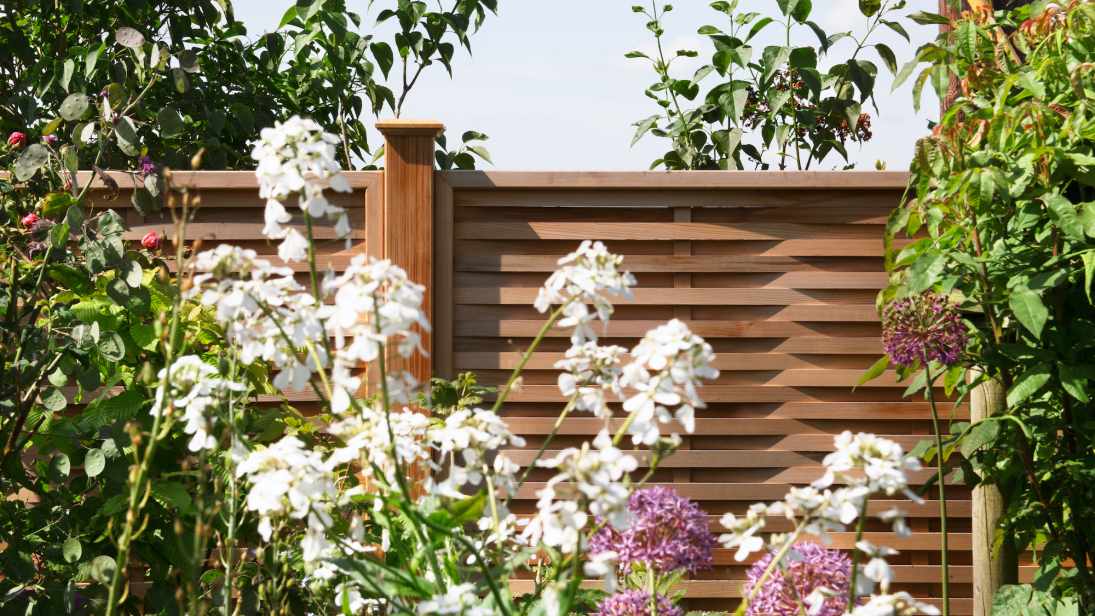Featured

When setting up a fence, picking the ideal material is essential to stabilizing performance, visual appeals, and spending plan. Timber, plastic, and aluminum are amongst the most commonly picked secure fencing products, each with its toughness and downsides. This overview discovers the benefits and drawbacks of these choices to assist you make a notified choice.

Timber Fence. Pros:. Natural Charm: Wood's ageless appeal can boost any type of building with its cozy and traditional look. Customizable: You can paint, tarnish, or carve wood to fit your style preferences. Affordable: Wood fence is at first extra affordable contrasted to a few other products. Eco-friendly: As a renewable energy, wood is naturally degradable and frequently taken into consideration eco-friendly. Cons:. Maintenance-Intensive: Regular securing, painting, or discoloration is needed to avoid damages from weather and bugs. Prone to Degeneration: Without correct care, timber can rot, warp, or crack over time. Much shorter Life expectancy: On standard, wood fencings last 10-15 years, depending upon the kind of timber and upkeep. Timber is a great choice for those who value aesthetic appeals and agree to purchase normal upkeep to preserve its look and longevity.
Vinyl Secure Fencing. Pros:. Reduced Maintenance: Vinyl calls for very little care-- just occasional cleaning with soap and water. Weather condition Resistant: It doesn't warp, rot, or catch insect damage, making it very long lasting in numerous climates. Longevity: Vinyl fencings can last 20-30 years with little to no repairs. Style Variety: Available in a broad array of textures, shades, and designs, consisting of wood-like appearances. Cons:. Higher Initial Cost: Vinyl fences are a lot more costly ahead of time contrasted to wood. Susceptability to Cold: In very cool weather, vinyl can come to be weak and vulnerable to fracturing. Restricted Fixing Options: Matching replacement panels can be challenging if damages happens. Vinyl fence is perfect for property owners trying to find a lasting, low-maintenance solution that provides contemporary versatility.

Aluminum Secure Fencing. Pros:. Rust-Proof: Aluminum stands up to rust, making it an outstanding choice for damp or humid settings. Resilient: In spite of being lightweight, light weight aluminum is strong and can withstand rough weather problems. Reduced Maintenance: It requires marginal upkeep, commonly only occasional cleaning. Long Life expectancy: Aluminum fencings can last years without substantial damage. Stylish Design: Typically used for ornamental functions, aluminum secure fencing includes a smooth, advanced look to properties. Disadvantages:. High Preliminary Financial investment: Aluminum fencings are among the more expensive options on the marketplace. Less Privacy: The open designs typical with light weight aluminum secure fencing do not give much personal privacy. At risk to Damage: While long lasting, light weight aluminum can damage if struck with sufficient force. Aluminum is an outstanding option for house owners prioritizing appearances and toughness without needing much upkeep.
Making Your Decision. When determining in between timber, plastic, or aluminum fencing, consider your priorities:
Wood matches those that appreciate an all-natural appearance and don't mind putting in upkeep effort. Plastic is the most effective alternative for those looking for a low-maintenance, weather-resistant remedy. Light weight aluminum provides streamlined style and lasting sturdiness but may lack personal privacy. By meticulously evaluating these materials' functions, you can choose a fencing that matches your building while satisfying your functional and visual needs.
Latest Posts
Why Select Montana Fencing for Your Fencing Needs
Published May 12, 25
1 min read
Boost Your Brand with Professional Video Production
Published May 12, 25
1 min read
Trust Montgomery’s Leading Ophthalmologist: S. Douglas Owens, M.D. at Eye Center South
Published May 12, 25
1 min read
More
Latest Posts
Why Select Montana Fencing for Your Fencing Needs
Published May 12, 25
1 min read
Boost Your Brand with Professional Video Production
Published May 12, 25
1 min read
Trust Montgomery’s Leading Ophthalmologist: S. Douglas Owens, M.D. at Eye Center South
Published May 12, 25
1 min read